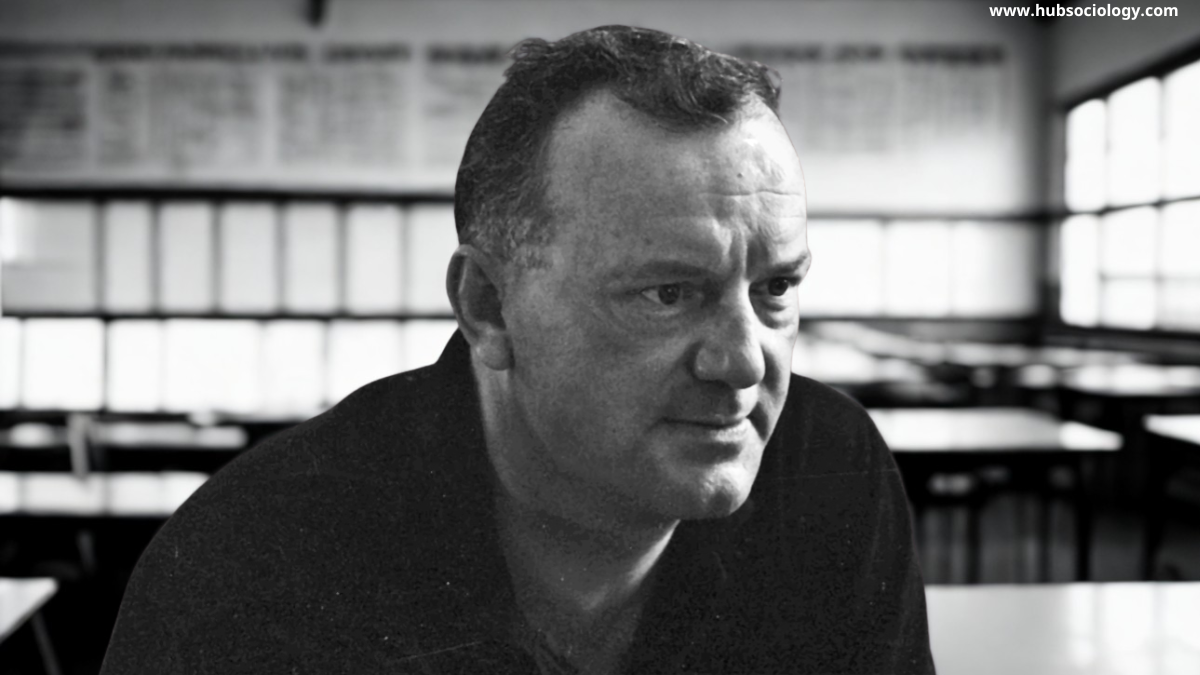C. Wright Mills and the Critique of Functionalism
Introduction on C. Wright Mills In the mid-20th century, American sociology was dominated by structural functionalism, an approach most famously associated with Talcott Parsons and Robert K. Merton. Functionalism emphasized the stability of society, viewing it as a system of interrelated parts working together to maintain order and equilibrium. However, as the world entered an … Read more









